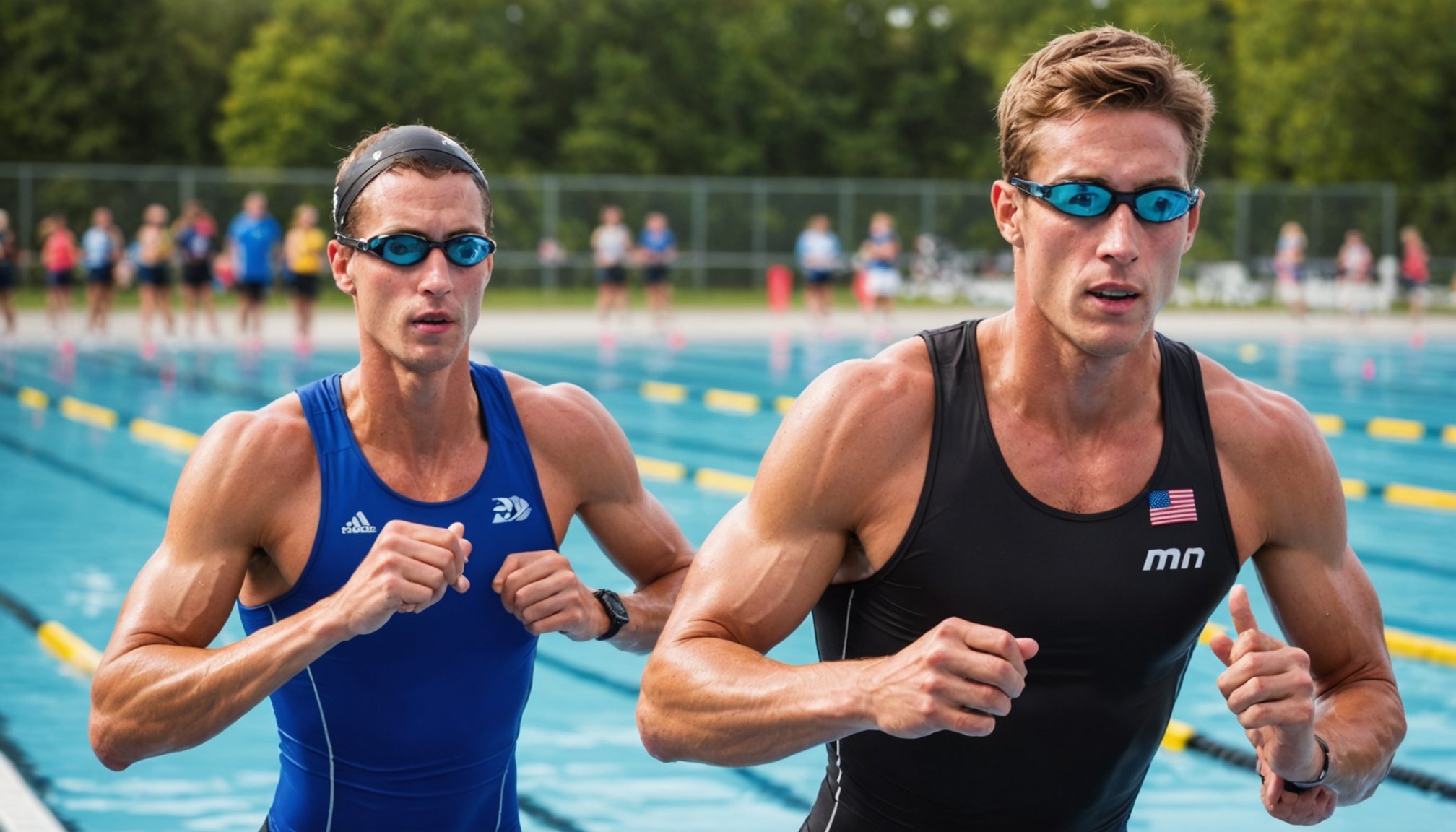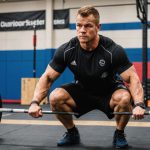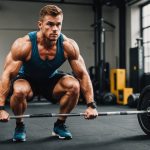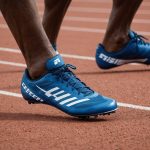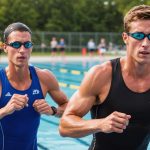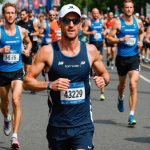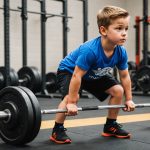Ultimate Nutrition Guide: Key Tips for Fueling Long-Distance Swimmers During Training
Understanding the Energy Needs of Swimmers
When it comes to long-distance swimming, the energy demands on the body are significant. Swimmers rely on a combination of energy systems to power their performance, each with its own nutritional requirements.
Energy Systems in Swimming
During swimming, the body uses three primary energy systems: the phosphagen system, the glycolytic system, and the oxidative system. Here’s a brief overview of each:
Also read : Top Nutrient-Packed Recovery Foods for Ultramarathon Athletes: Fuel Your Performance
- Phosphagen System: This system provides energy for short, explosive movements and is used during sprinting. It relies on ATP (adenosine triphosphate) and is depleted within 10-15 seconds.
- Glycolytic System: This system kicks in after the phosphagen system is depleted and provides energy for high-intensity activities lasting up to two minutes. It relies on glycogen and results in lactate production.
- Oxidative System: This is the most important system for long-duration activities, relying on the body’s ability to create energy using oxygen. It is crucial for endurance swimming.
Nutrition Plan for Long-Distance Swimmers
A well-structured nutrition plan is essential for long-distance swimmers to ensure they have the energy and nutrients needed to perform at their best.
Carbohydrates: The Primary Fuel Source
Carbohydrates are the primary fuel source for swimmers, especially during long-distance swimming. Here are some key points to consider:
In parallel : Key Technical Factors to Consider When Designing Custom Footwear for Elite Sprinters
- Pre-Swim Carbohydrates: Consuming 30-60 grams of carbohydrates per hour during long swims can help maintain energy levels. This can be achieved through sports drinks, energy gels, and other portable foods.
- Post-Swim Carbohydrates: After a swim, it is crucial to refuel with carbohydrates to replenish glycogen stores. Aim for 1 gram of carbohydrates per kilogram of body weight within the first hour after swimming.
Protein for Muscle Repair and Recovery
Protein is vital for muscle repair and recovery, especially after intense swimming sessions.
- Immediate Post-Swim Protein: Consuming 20-30 grams of protein within 20-30 minutes after swimming helps in muscle recovery and repair. This can be achieved through protein shakes, Greek yogurt, or other protein-rich foods.
- Daily Protein Intake: Swimmers should aim for 0.8 to 1.2 grams of protein per kilogram of body weight per day, spread out in 3-4 meals or snacks throughout the day.
Hydration: Staying Hydrated During and After Swimming
Hydration is critical for swimmers, as dehydration can significantly impact performance and recovery.
Water and Electrolytes
- During Swim: Swimmers should aim to drink water or sports drinks that contain sodium and other electrolytes. For long-distance swims, drinking 500ml of fluid per hour containing 500mg of sodium is recommended.
- Post-Swim Hydration: After swimming, it is essential to continue hydrating, especially if the swim was intense or in hot conditions. Drinking water to thirst is a good rule of thumb, but ensuring adequate sodium intake is also crucial to avoid dehydration.
Vitamins and Minerals: Supporting Overall Health
While carbohydrates and protein are the main focus, vitamins and minerals play a crucial role in supporting overall health and performance.
Key Vitamins and Minerals
- Iron: Essential for transporting oxygen to the muscles, iron deficiency can lead to fatigue and decreased performance.
- Calcium: Crucial for bone health, calcium is particularly important for swimmers who may be at risk of osteoporosis due to the low-impact nature of swimming.
- Vitamin C: Helps in the absorption of iron and supports immune function, which is vital during intense training periods.
Practical Tips for Swimmers
Here are some practical tips to help swimmers implement their nutrition plan effectively:
Meal and Snack Planning
- Breakfast: Include a mix of carbohydrates and protein, such as oatmeal with banana and almond butter.
- Pre-Swim Snack: Opt for something light and easy to digest, like a PB&J sandwich or a berry recovery smoothie.
- Post-Swim Meal: Focus on simple carbohydrates and protein, such as white bread with turkey and avocado.
Snacking During Training Sessions
- Energy Gels: Use energy gels that contain both carbohydrates and electrolytes to maintain energy levels during long swims.
- Fresh Fruits and Vegetables: Snack on fruits and vegetables that are easy to digest, such as bananas, apples, and carrots.
Example Nutrition Plan for a Long-Distance Swimmer
Here is an example of what a daily nutrition plan for a long-distance swimmer might look like:
Morning
- Breakfast: Oatmeal with banana, almond butter, and a glass of semi-skimmed milk
- Carbohydrates: 60g
- Protein: 20g
Pre-Swim Snack
- PB&J Sandwich: Whole wheat bread with peanut butter and jelly
- Carbohydrates: 30g
- Protein: 8g
During Swim
- Sports Drink: 500ml every hour containing 500mg of sodium
- Carbohydrates: 30g per hour
- Sodium: 500mg per hour
Post-Swim Recovery
- Recovery Shake: 70g carbohydrates from energy powder, 30g protein from powdered form, 1g table salt
- Carbohydrates: 70g
- Protein: 30g
- Sodium: 1g
Evening Meal
- Dinner: Grilled chicken breast with white rice and steamed vegetables
- Carbohydrates: 60g
- Protein: 40g
Table: Daily Nutrition Breakdown for a Long-Distance Swimmer
| Meal/Snack | Carbohydrates (g) | Protein (g) | Sodium (mg) |
|---|---|---|---|
| Breakfast | 60 | 20 | 200 |
| Pre-Swim Snack | 30 | 8 | 100 |
| During Swim (per hour) | 30 | – | 500 |
| Post-Swim Recovery | 70 | 30 | 1000 |
| Evening Meal | 60 | 40 | 200 |
Quotes from Experts
- “The first thing you need to do is get your energy stores back up. In my opinion, the best post-triathlon recovery food is carbohydrates and protein, and here, the simpler the better because they’ll be easier to digest!” – Nutrition expert on post-race nutrition.
- “Eating at least 20-30 grams of protein soon after swim practice promotes the greatest muscle gains and helps the swimmer recover from the rigors of high-intensity exercise.” – NewSwimmer.com on protein intake for swimmers.
Fueling long-distance swimmers is a complex task that requires a balanced and well-planned nutrition strategy. By focusing on carbohydrates, protein, hydration, and essential vitamins and minerals, swimmers can optimize their performance and aid in recovery.
Key Takeaways
- Carbohydrates: The primary fuel source, aim for 1 gram per kilogram of body weight post-swim and 30-60 grams per hour during long swims.
- Protein: Essential for muscle repair, consume 20-30 grams within 20-30 minutes post-swim and 0.8-1.2 grams per kilogram of body weight daily.
- Hydration: Drink water or sports drinks with sodium, aiming for 500ml per hour during long swims.
- Vitamins and Minerals: Ensure adequate intake of iron, calcium, and vitamin C to support overall health.
By following these tips and creating a personalized nutrition plan, long-distance swimmers can enhance their performance, support their recovery, and stay healthy throughout their training and competitions.

